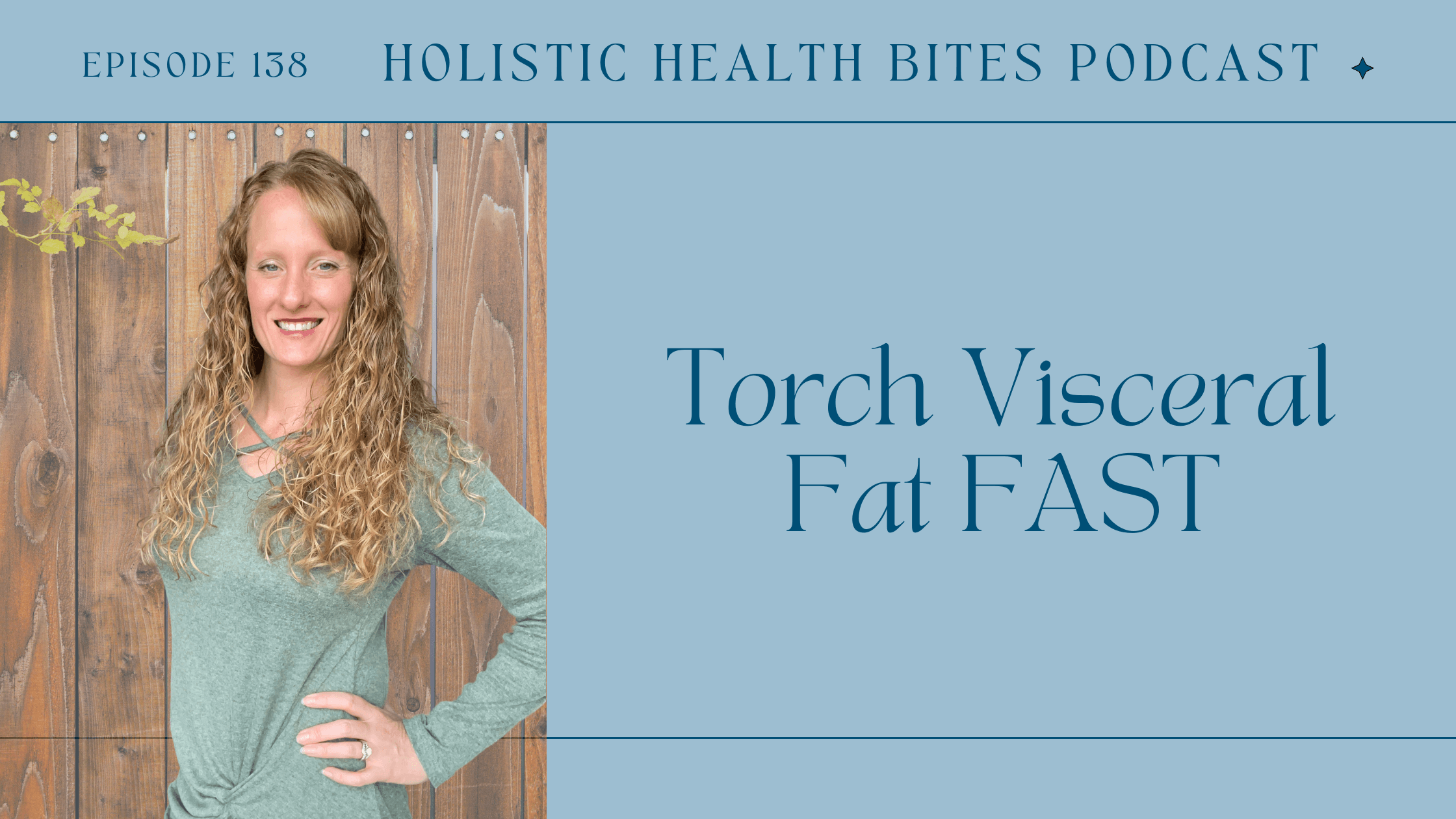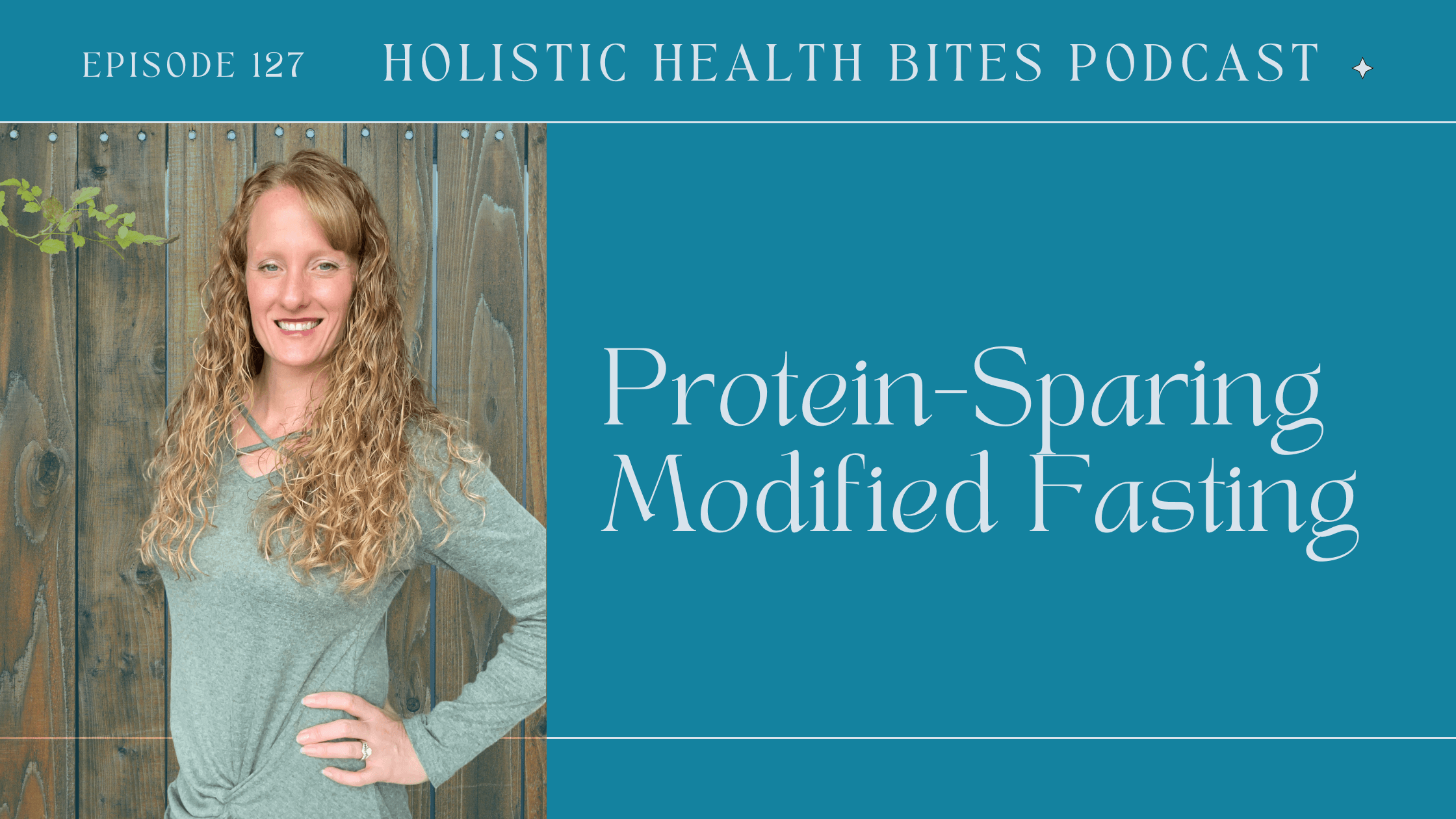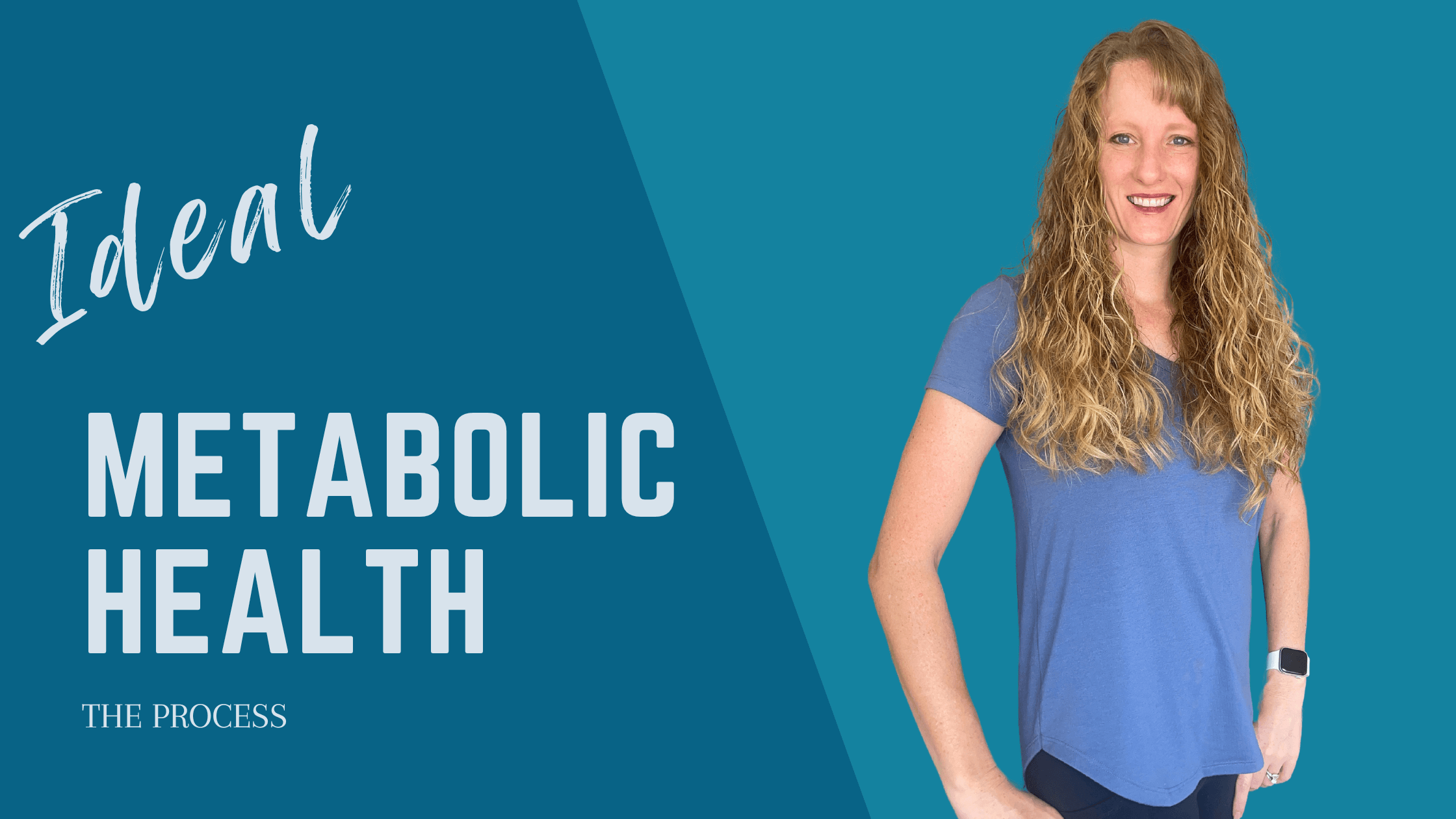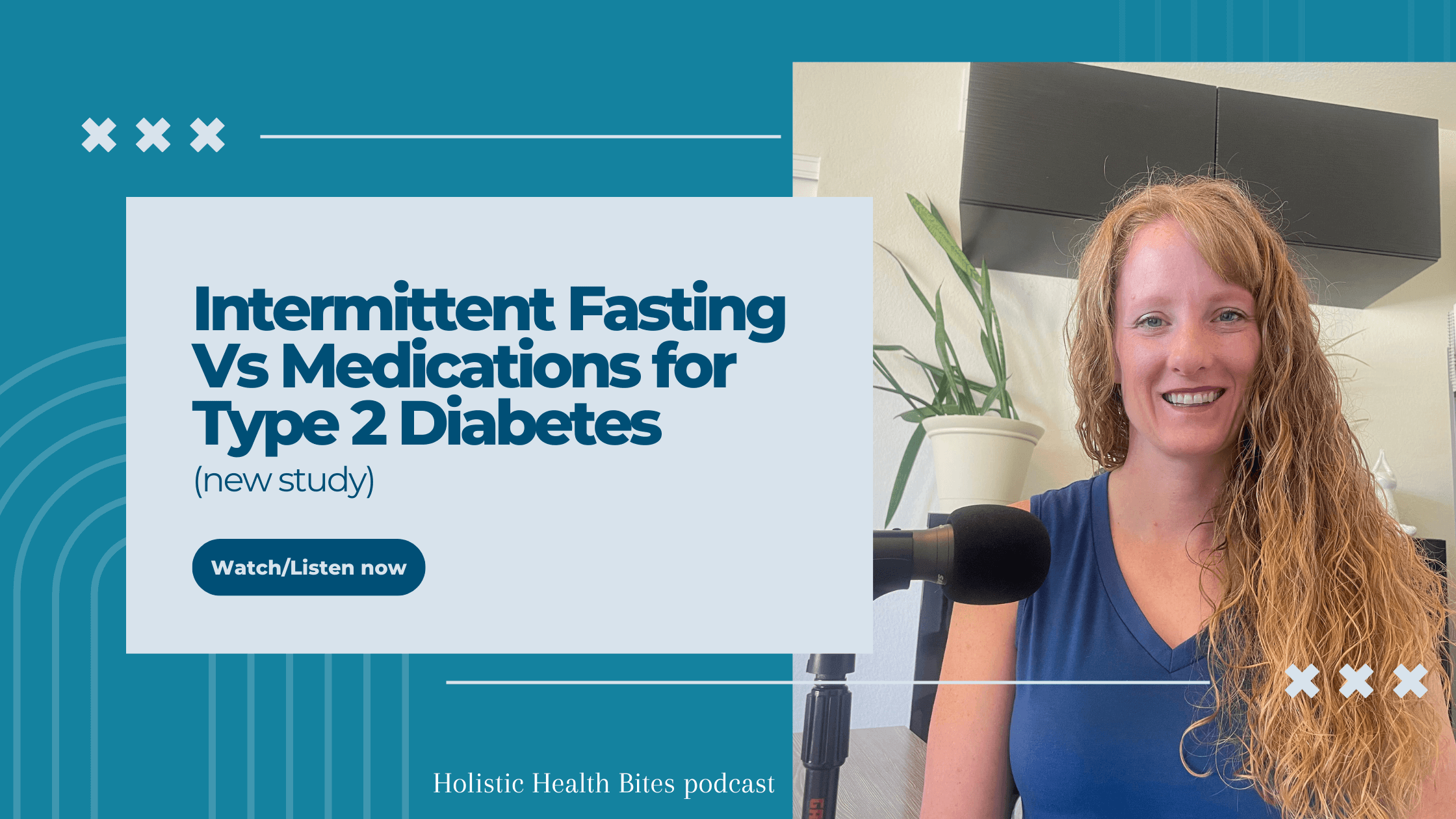
In this episode, we shift our focus from what to eat to a crucial yet often overlooked aspect of nutrition: when to eat. You'll discover how timing your meals can influence metabolic health, energy levels, and overall well-being. We address some of the most common questions about intermittent fasting, late-night eating, meal timing around exercise, and more.
Whether you’re exploring ways to enhance your health or seeking sustainable strategies to support your lifestyle, this episode provides practical insights to help you align your eating schedule with your individual needs and goals. Tune in to uncover actionable tips to optimize your eating habits and improve your metabolic health—without unnecessary medications or rigid rules.

This post delves into effective strategies for reducing visceral fat, a dangerous type of fat that surrounds internal organs and is linked to serious health issues like insulin resistance and cardiovascular disease. Unlike subcutaneous fat, which is generally protective, visceral fat can lead to inflammation and disease. The post outlines five research-backed methods to tackle this type of fat: intermittent fasting, sprinting, hippuric acid, Urolithin A, and the ketogenic diet.
Intermittent fasting is highlighted for its ability to promote fat loss while preserving muscle mass, making it an efficient method for targeting visceral fat. Sprinting, as a form of interval training, is presented as superior to moderate-intensity exercises for visceral fat reduction. The article also emphasizes the benefits of polyphenols, specifically hippuric acid and Urolithin A, found in high-polyphenol foods, which have shown promising results in reducing visceral fat when combined with a Mediterranean diet.
The ketogenic diet is explored through a recent study that demonstrated significant reductions in visceral fat and improvements in quality of life without calorie restriction. Participants experienced weight loss, particularly those with more weight to lose, while maintaining muscle and bone mass. Overall, the post underscores the importance of quality nutrition and suggests that while the ketogenic diet is a powerful tool for fat reduction, starting with a healthy diet is essential, and multiple dietary approaches can lead to success in reducing visceral fat and improving overall health.
Read more...
Protein Sparing Modified Fasting (PSMF) is a nutritional therapy that focuses on consuming high amounts of protein while fasting from carbohydrates and most fats. This approach aims to manage obesity and type 2 diabetes by providing necessary nutrients through sources like egg whites and lean beef, while significantly reducing blood sugar and insulin levels. A study from 1976 examined the effects of this diet on seven adults with long-standing type 2 diabetes and obesity, showing remarkable results in weight loss and reduced medication dependency.
The study emphasized a strict intake of protein, water, and vitamin supplements without any carbohydrates or fats. Patients experienced control over carbohydrate metabolism, reduced hunger, and were able to get off insulin and other medications in an average of just 6.5 days. Though the study's sample size was small, the outcomes suggest that PSMF could be a valuable tool in diabetes management and weight loss, provided it's done under medical supervision to avoid risks of overmedication and nutritional deficiencies.
While PSMF demonstrated significant benefits, it may not be suitable as a long-term strategy due to the potential risks of becoming overly lean and losing essential body fat. It appears to be most effective when personalized to an individual's unique metabolic needs and health status. Therefore, working closely with healthcare professionals is crucial to ensure safety and maximize the diet's benefits.
Read more...
Achieving ideal metabolic health requires following a methodical, step-by-step process. The journey begins by focusing on liver, detoxification, and gut health. These systems are crucial for processing nutrients, filtering toxins, and supporting immune function. Symptoms like constipation, skin issues, and inflammation indicate that detox pathways may need attention. The initial phase involves cleansing the digestive tract with quality nutrients while avoiding stressors like alcohol and refined sugars. By doing so, you spark metabolic function and reduce inflammation.
Next, it's essential to "feed the metabolic fire" by adjusting food combinations and increasing nutrient intake, especially for those with a history of dieting. This phase focuses on muscle building, hormone regeneration, and overall tissue repair, supported by a protein-rich and diverse diet. While exercise can be moderately increased, the focus remains on healing and reducing stress.
The final stages involve fine-tuning body composition and fasting. Balancing blood sugar, insulin, and sex hormones prepare the body for targeted fat loss and muscle gain, while proper nutrient plans are introduced. Lastly, various types of fasting can help break food addictions, repair cells, and improve immune function, culminating in a sustainable, healthy metabolic state.
Read more...Next, it's essential to "feed the metabolic fire" by adjusting food combinations and increasing nutrient intake, especially for those with a history of dieting. This phase focuses on muscle building, hormone regeneration, and overall tissue repair, supported by a protein-rich and diverse diet. While exercise can be moderately increased, the focus remains on healing and reducing stress.
The final stages involve fine-tuning body composition and fasting. Balancing blood sugar, insulin, and sex hormones prepare the body for targeted fat loss and muscle gain, while proper nutrient plans are introduced. Lastly, various types of fasting can help break food addictions, repair cells, and improve immune function, culminating in a sustainable, healthy metabolic state.

A newly published randomized clinical controlled study compared an intermittent fasting protocol to two different diabetes medications for those newly diagnosed. This episode reviews the study design and findings.
Read more...















